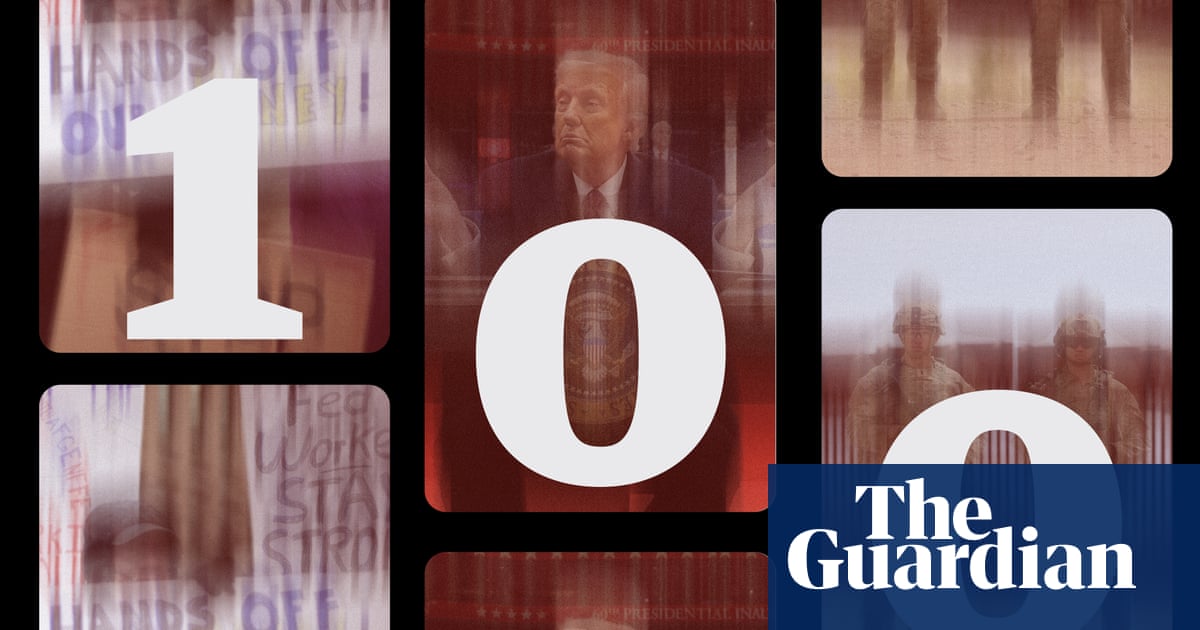At my medical graduation over 25 years ago, the earnest guest speaker made us promise we would get ourselves a GP. All 160 of us humoured him, secretly believing illness was something that happened to other people.
I was 23 years old then. It took me 20 years to honour the promise. In that time, no friend issued me a prescription or arranged any tests: I guess I was lucky. During pregnancy, my obstetrician took charge but didn’t mention getting a GP. Becoming a parent made me realise the importance of objectivity in healthcare, which is how my family found a GP. To be clear, I don’t recommend any doctor delay finding a GP like I did, especially in this environment of stress and burnout.
Doctors make poor patients. We self-diagnose, self-refer and ignore symptoms we would never ignore in our patients. We are reluctant to seek care due to a mix of overconfidence, stigma and concerns about gossip and professional viability.
But just like everyone else, older doctors have rising health needs. Even with their greater experience, ageing results in a decline in processing speed, problem-solving ability, dexterity, vision and hearing. Experts advise that first to go is strength, then eyesight, dexterity, and finally, cognition. Knowledge, experience and reputation can compensate for years.
Of the 132,000 practising doctors in Australia, nearly 7,000 (5%) are aged 70 and over. Older doctors are more likely than their younger colleagues to attract complaints about clinical care, communication, record-keeping and prescribing, although it’s important to note the absolute difference is small: in 2023, for every 1,000 doctors there were 69 complaints in the over-70 group and 38 in the under-70. Regulatory action occurred in 23% of complaints in the first group and 14% in the second.
The effect of age alone on any individual doctor’s competence is highly variable but there is good evidence that on average doctors’ ability to provide sound patient care diminishes with age. When reduced ability is accompanied by reduced insight, seemingly small errors can cause significant harm and death.
Dealing sensitively with doctors while protecting vulnerable patients is the needle that the Medical Board of Australia hopes to thread with its consultation paper.
Three policy options are being considered to ensure late-career doctors are fit to practice.
The first is to rely on the current code of conduct, which expects doctors to have their own GP and be aware of the risks of self-diagnosis and self-treatment. But nudges towards education and independent health advice have not shifted the dial leading to “overwhelming support” from stakeholders (including specialist colleges, indemnity providers and consumer groups) for late-career doctors to have a health check that includes some form of cognitive assessment.
This brings us to the second option of a detailed assessment of “fitness to practice” conducted once every three years after age 70 and annually after age 80. The results and any intervention would be confidential unless the doctor posed a substantial risk to the public.
Such assessments can take up to four hours and cost up to $6,000. Three thousand doctors would be eligible (placing the economic cost at up to $20m per year) but with fewer than 300 occupational health experts to conduct them, the workforce demand would go unmet.
There are other considerations, too. Some doctors may be impaired, but others may find the process onerous enough to retire prematurely, which would particularly impact areas of shortage.
Older doctors can be superb mentors – it would be a shame if regulatory overreach lost them. So, while one might intuitively think the best way to protect the public from impaired doctors is the most detailed assessment, just like in the practice of medicine, the benefits must be weighed against the risks.
Which brings us to the third option: requiring late-career doctors to undergo a general health check that can be completed by the doctor’s regular GP or another professional. Many doctors already undergo such health checks, so the economic cost is expected to be up to $2.6m a year.
Active management of doctors’ health would serve the public interest in two ways: it would maintain public confidence and it would help other doctors who quietly protect patients from an impaired colleague. Many of us know the dilemma and heartache of knowing that a dear friend is no longer someone we would want treating our loved ones.
Doctors are often compared to judges and pilots because all three make important and consequential decisions.
In Australia, high court and federal court judges must retire at age 70. Pilots must undergo a six-monthly health check after age 60 and a major examination annually.
Doctors enjoy much societal respect and professional autonomy. It’s been a long time since I had to “prove” anything to a regulatory body. I love patient care, strive to stay current and take pride in my judgment. When something goes wrong, my conscience gives me more grief than any authority.
In this, I am no different to nearly every doctor I have known including, unfortunately, those doctors who have grown impaired before my eyes. When they accepted the message they initially resisted – and retired – they, their patients and colleagues were better off.
When it comes to late-career doctors experiencing impairment, what is often missing from the medical establishment is a genuine culture of openness that invites self-awareness, flexible roles and gradual transitions. Instead of being checkbox exercises, performance reviews must include real-world insights from other doctors, nurses, allied health and patients to properly gauge a doctor’s competence.
We need a comprehensive, fair and respectful way of assessing older doctors. Will doctors find the board’s proposal poisonous or a bitter but necessary pill to swallow? How about the patients who trust us with their lives?
Given the absolute importance of public confidence in healthcare, this is a matter that we should all have a say in.
-
Ranjana Srivastava is an Australian oncologist, award-winning author and Fulbright scholar. Her latest book is called A Better Death

 9 months ago
9 months ago
 (200 x 200 px).png)








 English (US) ·
English (US) ·